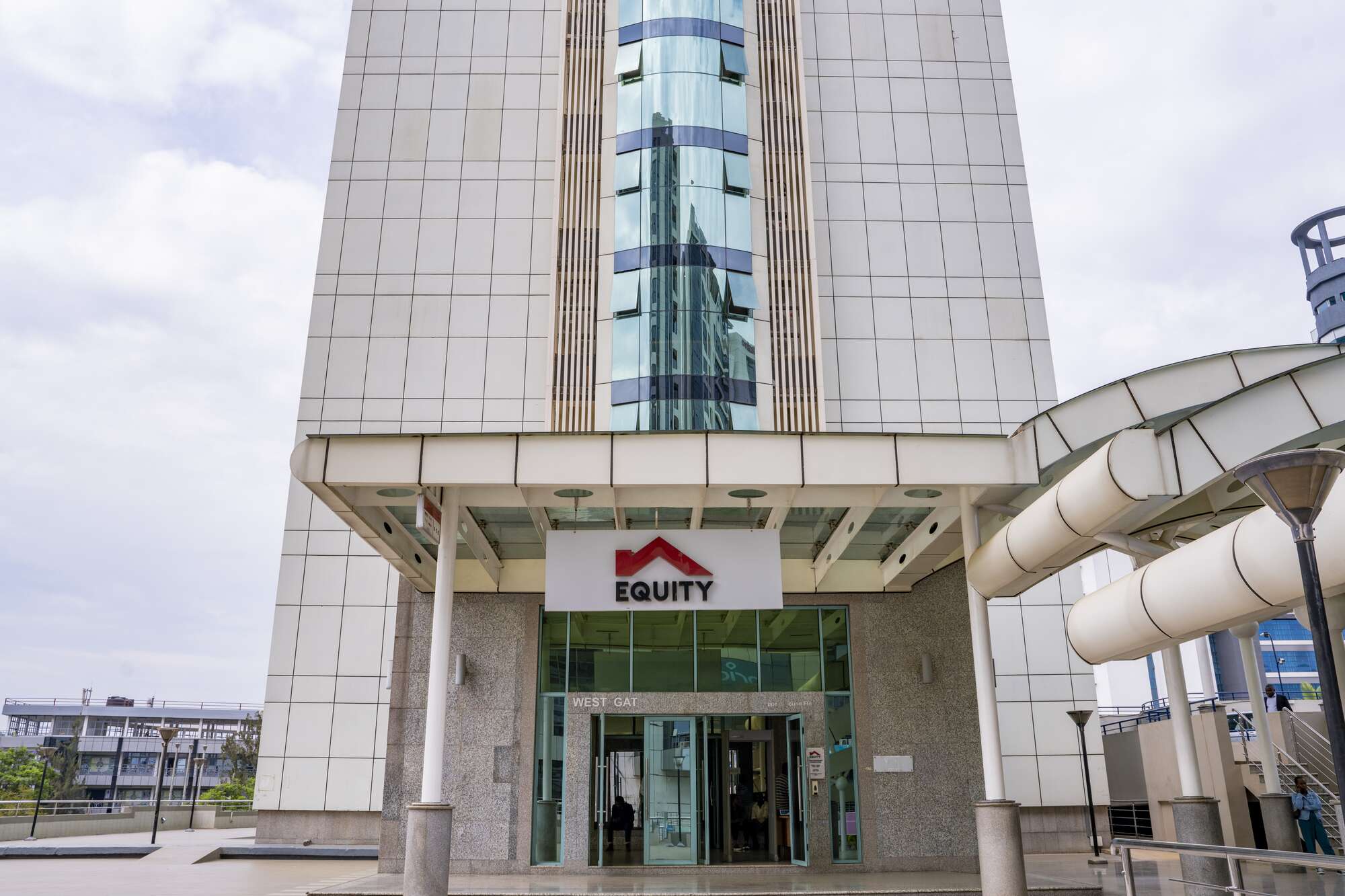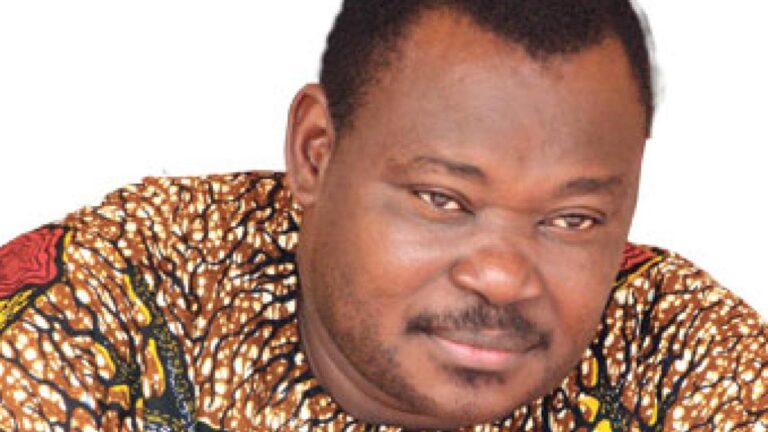Equity Group is looking to buy more banks and merge with others in five East African markets, as part of a plan to deepen financial inclusion and grow customer numbers fivefold.
This is after the buyout of a 99.125 percent stake in Rwanda’s Compagnie Générale De Banque Plc (Cogebanque) in a push group managing director and CEO James Mwangi says is meant to rival major pan-African financial corporations such as the Nigerian Access Bank, Togolese Ecobank and the South African Standard Bank.
The transaction valued at $48.1 million was concluded last week, the latest acquisition in Equity’s bid to attain 100 million customers by 2030.
Equity’s plan for more buyouts and mergers are also expected to buttress its Ksh700 billion ($4.6 billion) socioeconomic recovery plan in markets in which it operates, and which were adversely impacted by the Covid-19 pandemic.
Under the private sector driven economic stimulus plan dubbed ‘Africa Recovery and Resilience Plan’ the lender says it will be seeking to accelerate economic recovery for the region and create 100 million customers by lending to five million businesses and 25 million individuals.
Equity, the largest in the region by market capitalisation, currently operates in five markets — Uganda, Tanzania, Rwanda, South Sudan, Kenya and the DR Congo) — and a representative office in Ethiopia.
The acquisition of Cogebanque pushed Equity to become the second-biggest lender in Kenya, with the most profitable subsidiaries.
“In 2020, we said while we will not be very aggressive in extending to geographical regions, we will seek to deepen the breadth of our presence in each country. Two years later, we are systemic in all the markets we are operating in,” Mr Mwangi told The EastAfrican.
“And one of the ways to deepen our breadth in the countries we are in is to do acquisitions, and you can see in DRC we acquired a second bank, BCDC; in Rwanda, we made an acquisition — which I am glad has closed and we are due to completion this week — which will then make us a very strong number two bank in Rwanda.”
High-volume, low margin
Analysts at Genghis Capital forecast increased performance of Equity’s regional subsidiaries to prop up the group’s full year earnings.
“We believe that Equity Group’s full year (2023) performance will remain positive driven by increased penetration in its regional markets that will see both customer deposits and loan-book value increase aligning with the company’s high-volume low margin approach,” according to the analysts in a market report dated November 24.
Equity’s top performing subsidiary in Rwanda registered a return on equity of 41.2 percent followed by the DRC subsidiary at 28.1 percent compared to Kenyan operations whose RoE stood at 25.8 percent in nine months to September 30.
When it comes to the cost-to-income ratio (a measure of a bank performance in terms of the efficiency of generating profit) Equity’s subsidiaries in DRC, Uganda, Rwanda and Tanzania stood at 49.8 percent, 64.1 percent, 35.9 percent and 63.8 percent respectively, compared with Kenya’s 47.9 percent.
“With the subsidiaries expected to continue generating higher profitability margins, the overall contribution to the group’s overall performance is expected to be skewed from Equity Kenya to its subsidiaries in the medium term,” the analysts said. “As subsidiaries become more efficient in operations, we expect to see a further improvement in these ratios.”
In 2020, Equity suspended expansion into other African markets, citing macroeconomic instability in the targeted markets including Zambia, which became the first African country in the Covid-19 era to default on its Eurobond debt when the government missed a $42 million coupon payment.
Equity’s bid to acquire four banks owned by the British financial services conglomerate Atlas Mara Ltd in Mozambique, Zambia, Rwanda and Tanzania fell through over valuation concerns at a time when economies had been ravaged by Covid-19 pandemic and banks were taking measures to preserve capital.
“During uncertain times you don’t want to go into uncertain markets. It was a blessing in disguise that our risk appetite at that time was not good for the uncertainty,” Mr Mwangi said.
Equity, then strategically opted to take different route to achieve similar target (100 million customers); suspend Pan-African expansion and concentrate on consolidating and strengthening businesses in the existing countries of operation.
“We want to strengthen our systemic status in each of the countries we are in. We don’t want to be beyond number five in any market we are operating, and that strategy can be supported by both organic growth but also acquisitions and mergers within the current operating markets,” Mr Mwangi said.
“So, it is about reaching scale, so if we get a good opportunity in any of the markets, we are in we would like to scale ourselves because economies of scale is something that brings efficiency and banks are no longer about margins, it is about volumes.”
Equity, which transformed from a building society in 2004 has grown into a strong systemic retail bank (a bank which has very significant implications to the economy) across the region, and its subsidiaries are making profit, contributing half (50 percent) of the group’s overall revenues.
“By 2030 we seem to be on course, our digitalisation and our massive investment in IT seems to be accelerating that (100 million customer target) and we are optimistic we may achieve it before 2030,” said Mwangi.
“The achievements that we have made in DRC where we started with 86,000 customers three years ago and now, we are in excess of two million customers. The success of nearly 14 million customers in Kenya when you look at that relative to the adult population it is almost 60 percent of the adult population. It means the brand is resonating well with the mass market that is the driver.”
Equity last year invested an additional Ksh12.2 billion ($80.26 million) in its regional subsidiaries including buying additional stake in its DRC subsidiary, bringing total spending on subsidiaries since 2019 to Ksh26.64 billion ($175.26 million).
Source: The EastAfrican








Leave a Comment